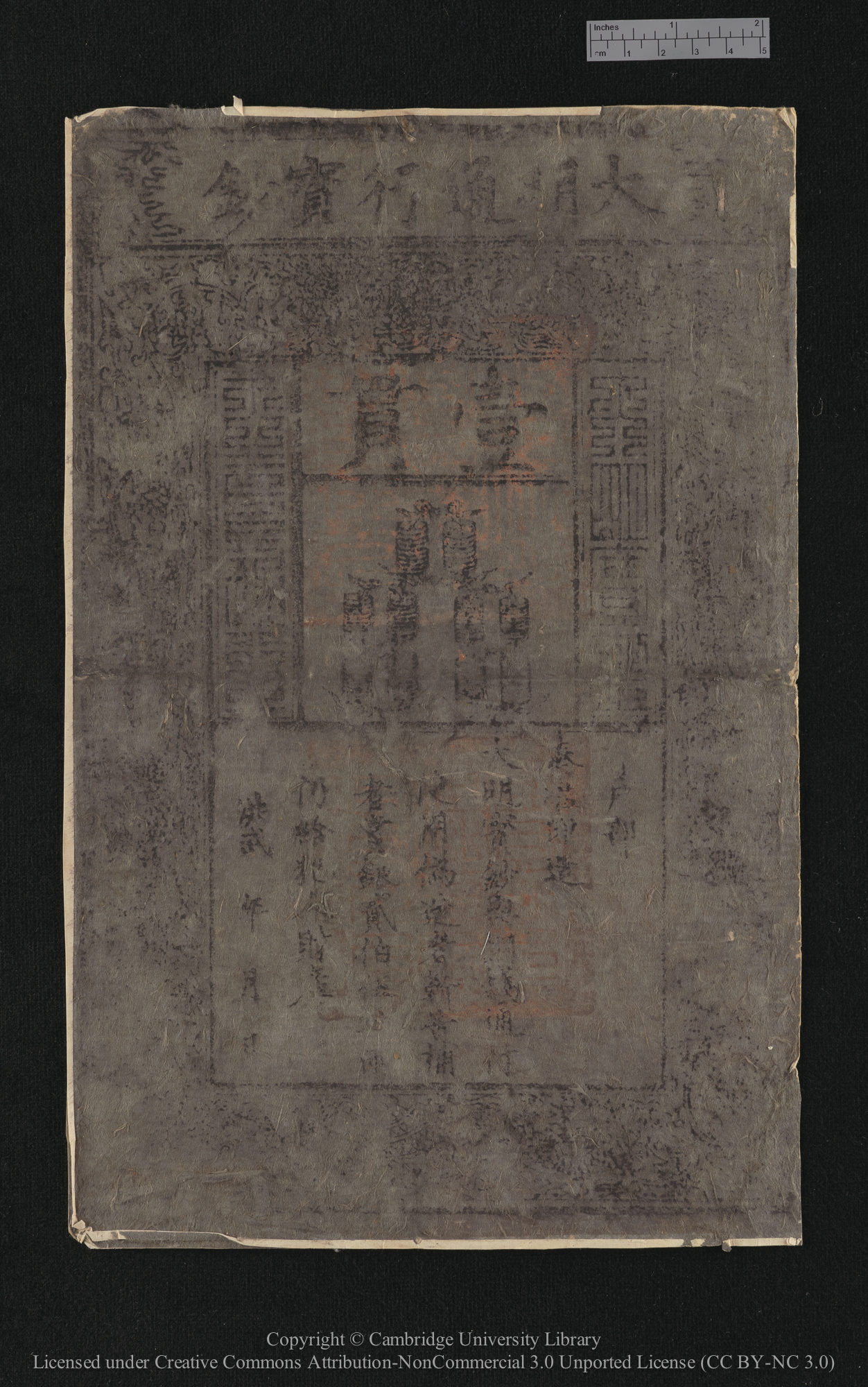Parkes, Sir Harry Smith, 1828-1885 (Knight, diplomat)
Biography
Sir Harry Smith Parkes (1828-1885) was born on 24 February 1828 at Bloxwich, near Walsall. He was the youngest of three children, and the only son, of an ironmaster and his wife. Following an education at the King Edward the Sixth school in Birmingham, he proceeded to China in 1841 through the influence of a family connection. After a short period studying Chinese, he joined the suite of Sir Henry Pottinger in the Yangtze campaign of 1842, which brought the First China War to a conclusion, and as a fourteen-year-old he witnessed the signing of the Treaty of Nanking. In September 1843 he commenced work for the British consular service in Canton, and in the next few years served as interpreter at posts in Amoy, Foochow, Shanghai and Canton. In 1854 he was appointed consul in Amoy, and the following year he travelled to Siam to assist Sir John Bowring in the negotiations for a British treaty with that kingdom.
From 1856 to 1858 Parkes was acting consul at Canton. Shortly after taking up this post, he assumed direct superintendence, under Bowring's guidance, of the case concerning the Chinese boarding of the lorcha 'Arrow'. His inflexible conduct of the case was approved by his superiors, but became a source of controversy. Following the outbreak of the Second China War and the resulting capture of Canton, Parkes was appointed one of the city's three allied commissioners. He was made a C.B. in 1859.
After the allied forces returned to China in 1860 to enforce the ratification of the Treaty of Tientsin, Parkes was instrumental in acquiring the Kowloon Peninsula in Hong Kong harbour as British territory, intended primarily as a depot for troops in transit. Parkes accompanied the expedition made to the Peiho in the role of Joint Chinese Secretary of Lord Elgin's Special Embassy, and had leading roles in the reduction of the Taku forts and in the negotiations with the imperial commissioners at Tientsin and Tungchow. When fighting was renewed during the course of the talks, Parkes and his entourage were arrested and transported to Peking. During his three-week captivity he narrowly escaped execution before being freed through the agency of Prince Kung. Parkes' steadfast behaviour throughout this ordeal met with general praise in Britain, and he was appointed a K.C.B. after his return to England in 1862, by which time he had established consulates on the Yangtze at Chinkiang, Kiukiang and Hankow.
Parkes returned to China in 1864 to take up the consulship at Shanghai, and in March 1865 he was appointed envoy extraordinary and minister plenipotentiary to Japan. In the course of his eighteen years as minister in Japan, Parkes played an important part in the transition of the country from feudalism to industrial modernity, exerting a influence particularly in the spheres of currency, finance, and railway construction. In 1872 he accompanied the 'Iwakura Mission' on its visit to Great Britain. He returned to England for the period from November 1879 to January 1882, and in 1881 was made a G.C.M.G. In his later years in Japan he attracted further controversy, largely on account of his attitude towards treaty revision.
In July 1883 Parkes was appointed minister plenipotentiary to China. One of his first actions was to travel to Seoul to conclude a treaty with Korea. In 1884 he was made minister plenipotentiary to Korea, and he returned to the country to ratify the treaty. Parkes' tenure of the Peking legation coincided with the Franco-Chinese War, and the disruptions caused by this episode added to his workload. He died in Peking after a brief illness on 22 March 1885.
Found in 9 Collections and/or Records:
Business letters: America, 1821-1898
Business letters: Australasia, 1824-1898
Business letters: Canton, 1814-1904
Business letters: Great Britain, 1822-1898
Business letters: London, 1814-1898
Business letters: Tokyo, 1870-1886
Letters from Tokyo (Yedo). The correspondents include Victor Faga; Minister for Foreign Affairs, Japan; [ ] Keswick; Kenneth Macrae; Charles Maries; Terashima Numenori; Harry Smith Parkes; John Pitman; and Herbert Smith (partner, Jardine, Matheson & Co.).
Business letters: unplaced, 1813-1900
Business letters: Yokohama, 1859-1892

Papers of Sir Harry Parkes
Additional filters:
- Type
- Archival Object 8
- Collection 1
